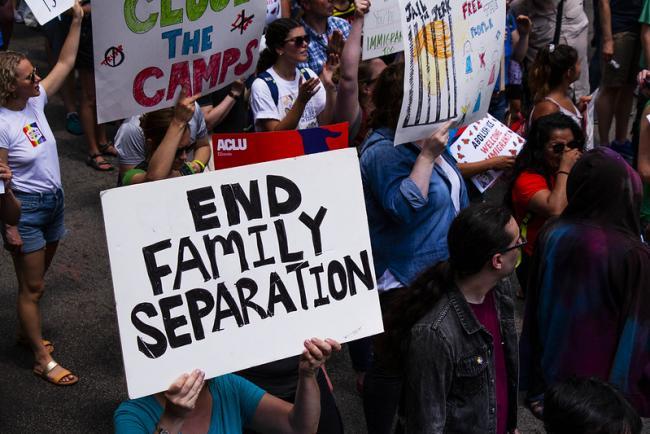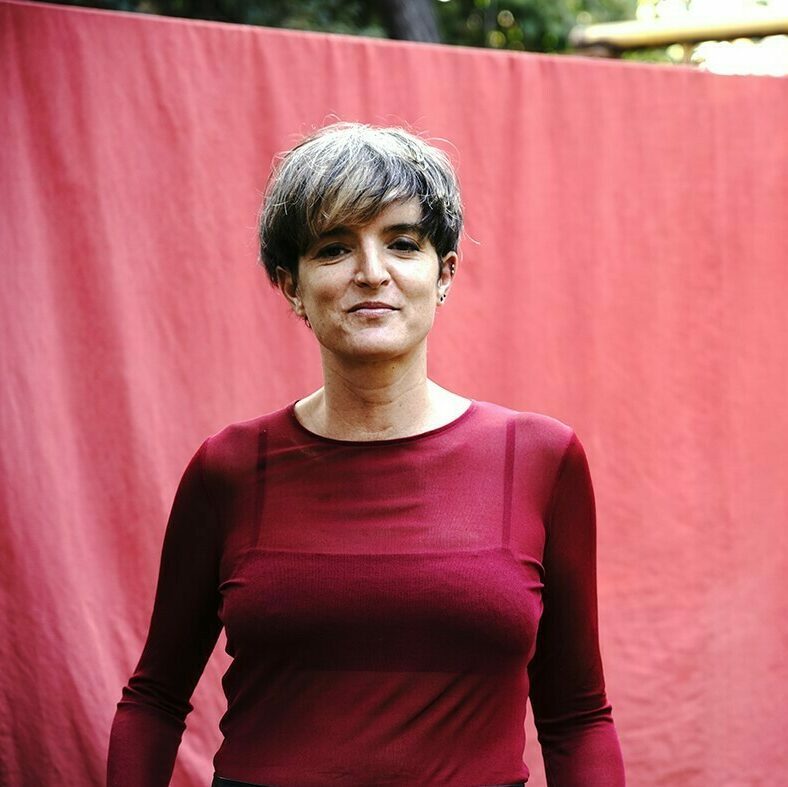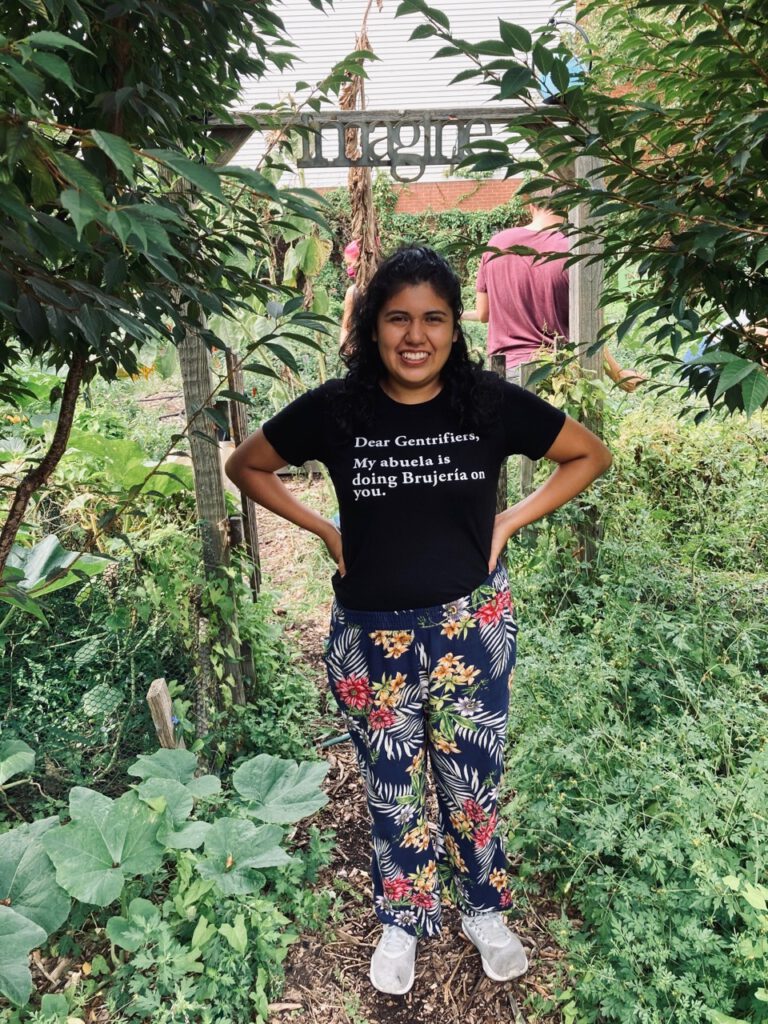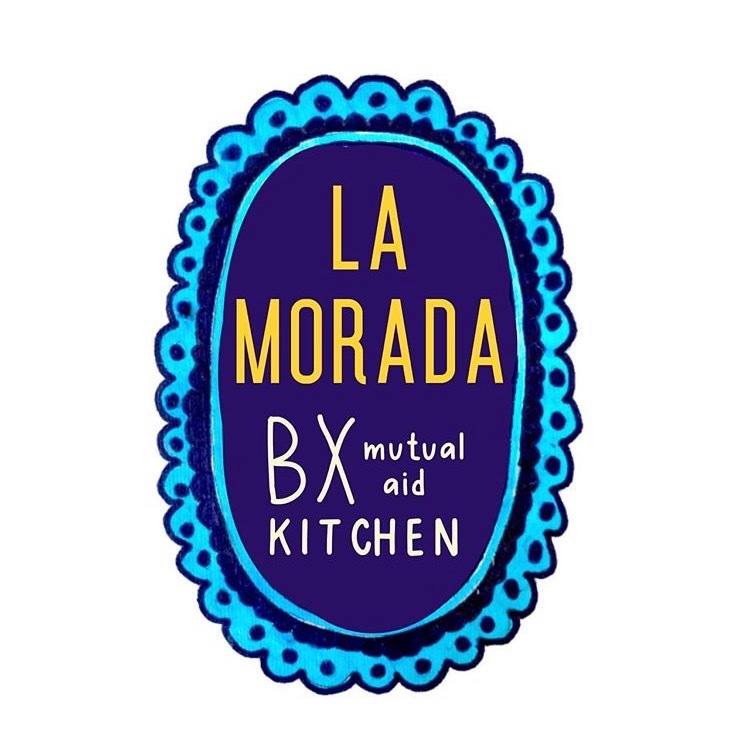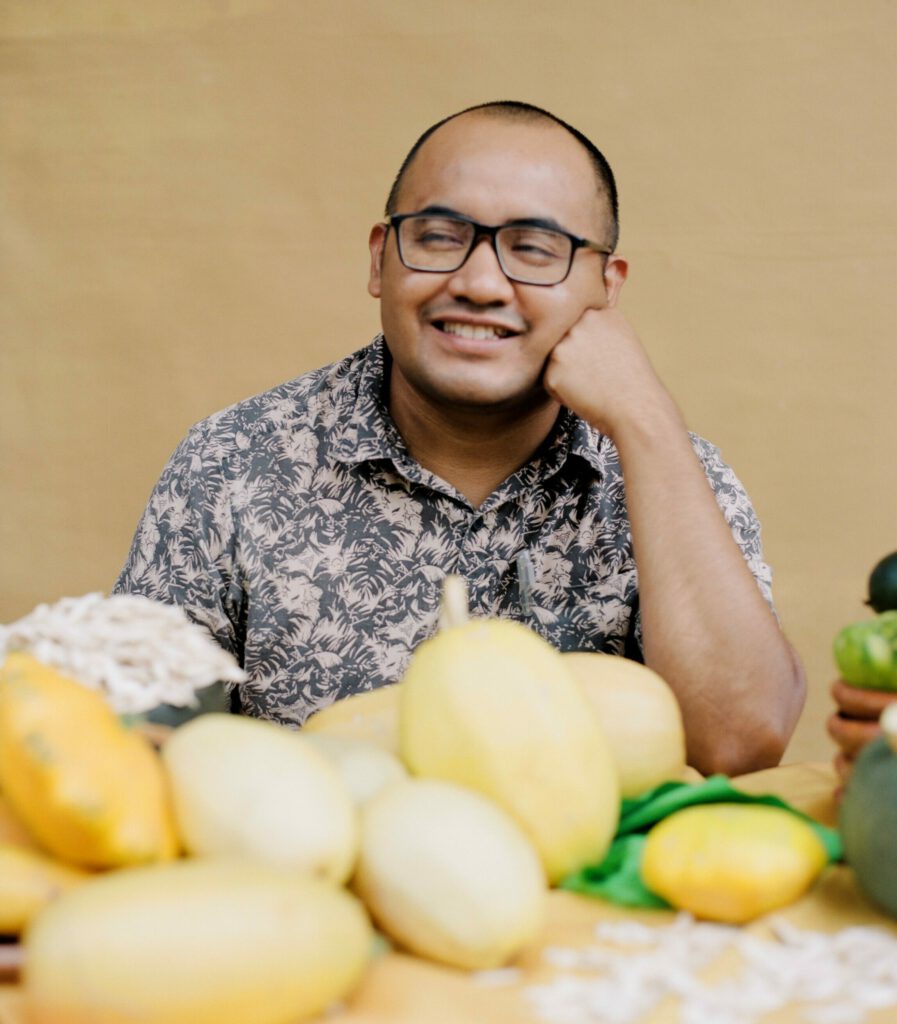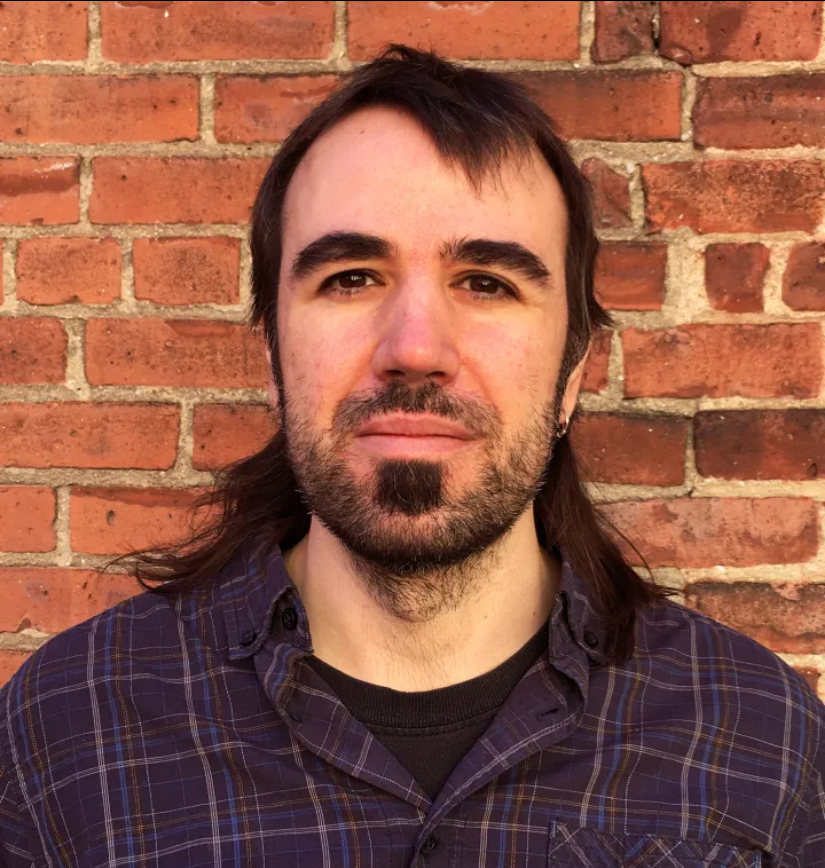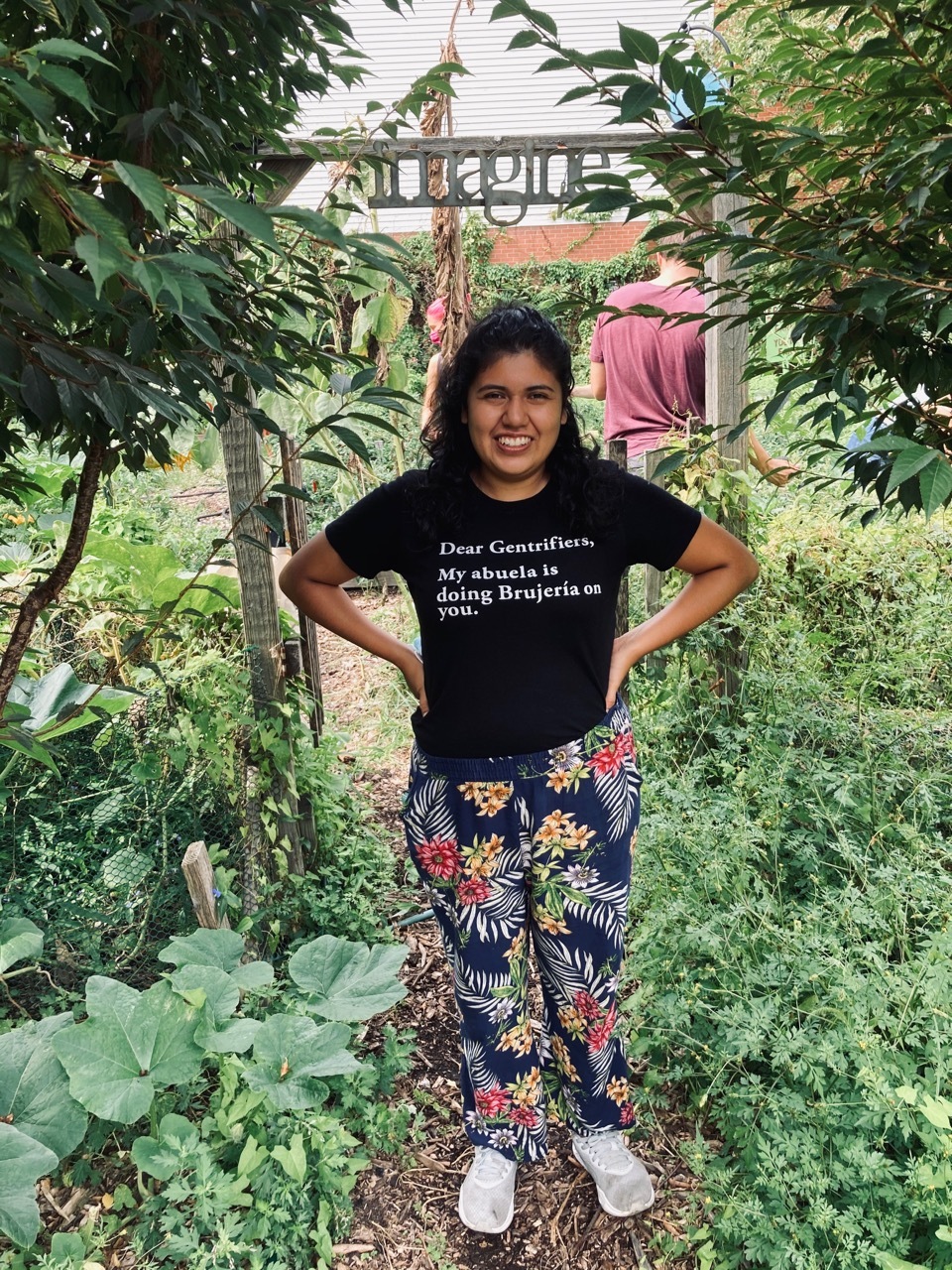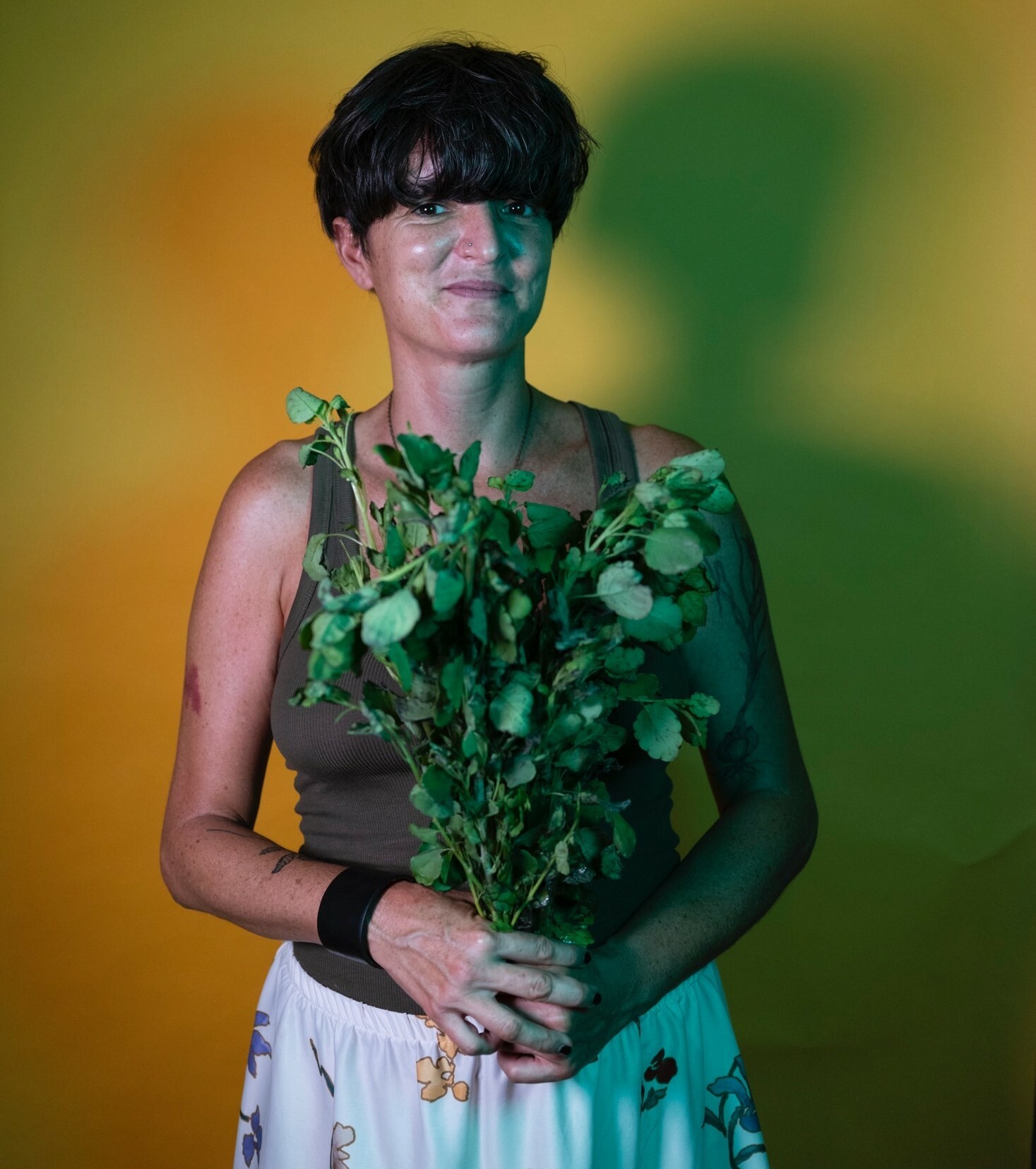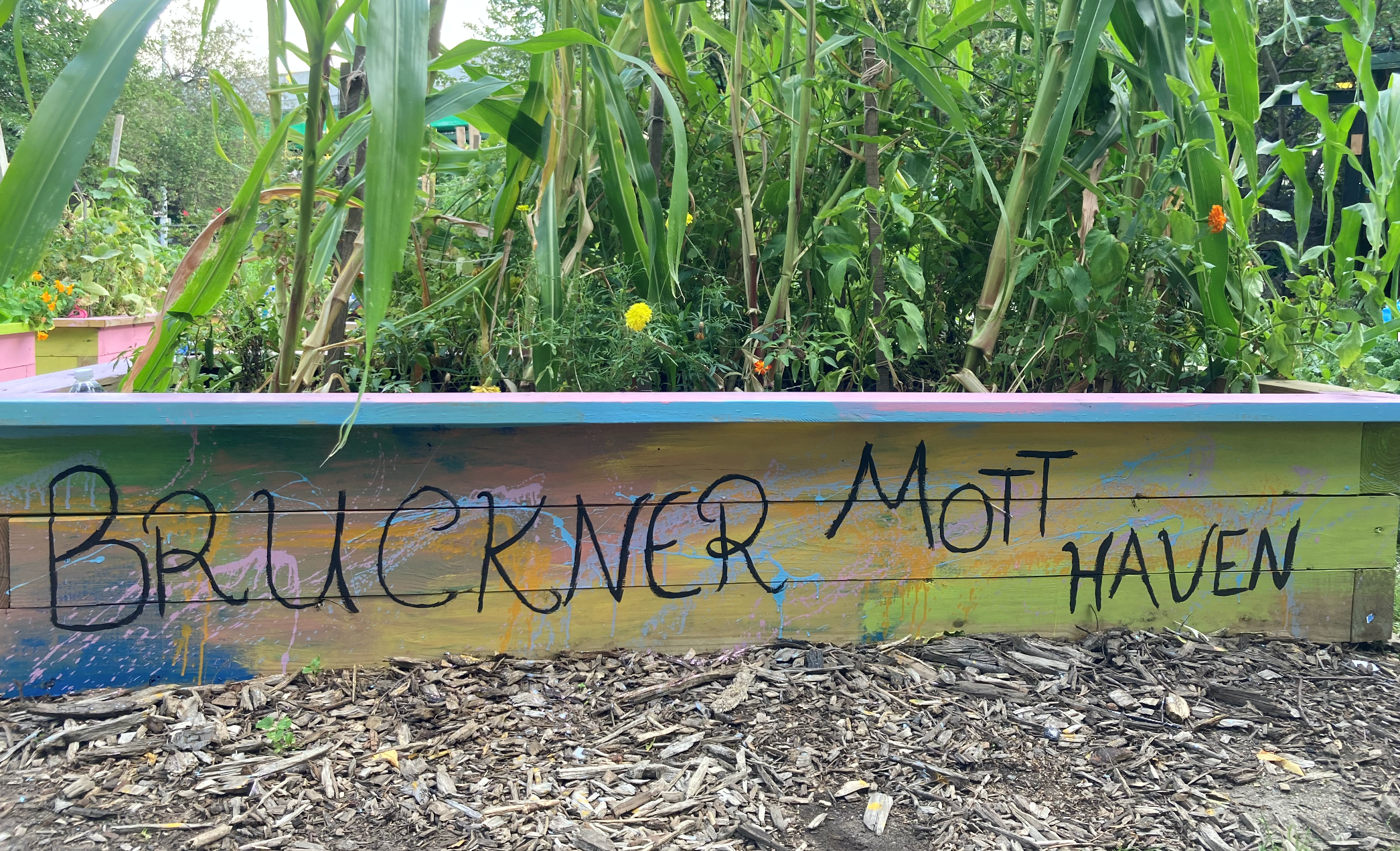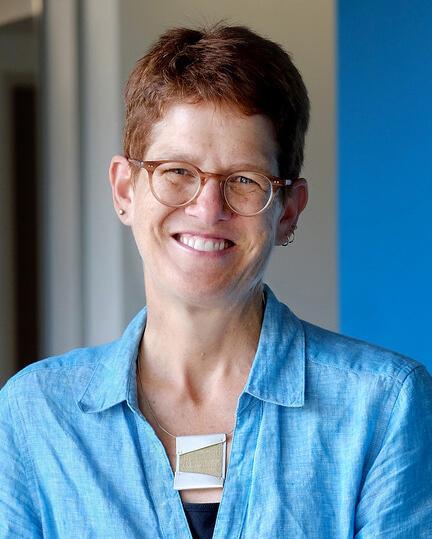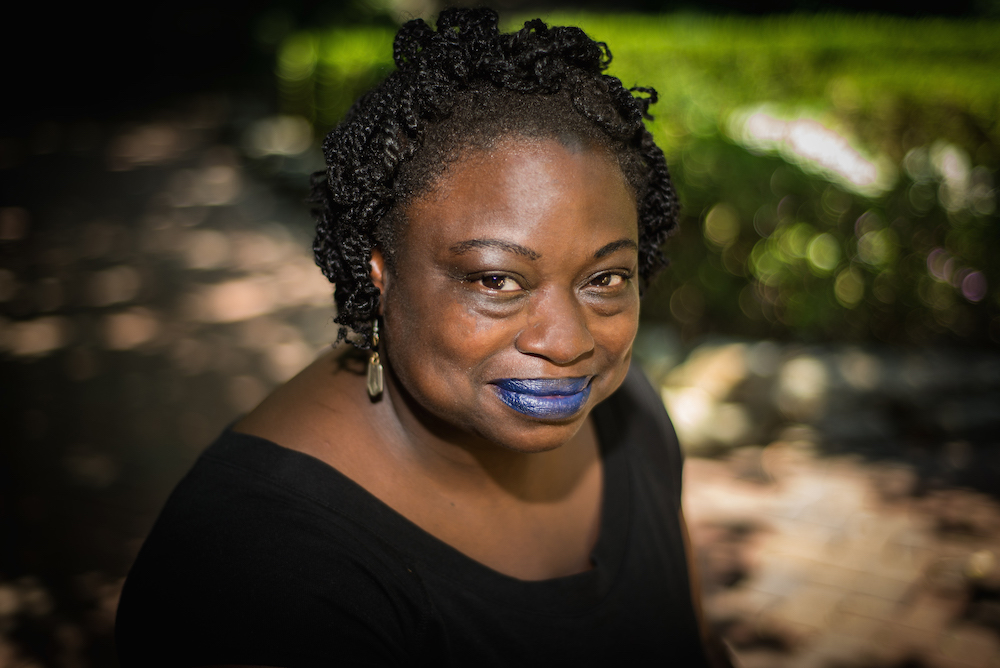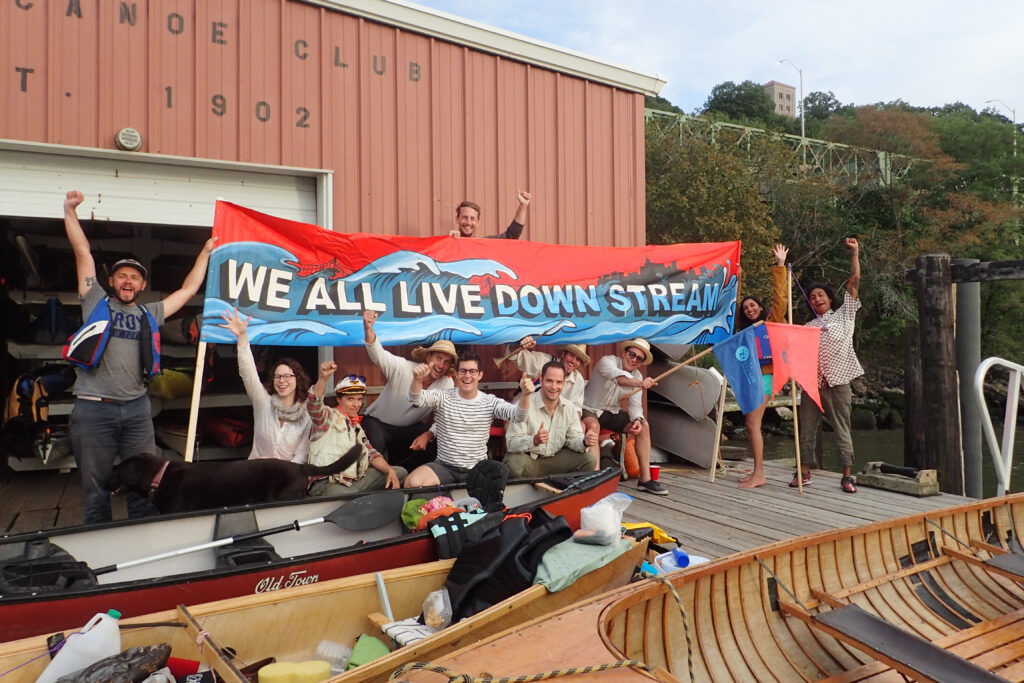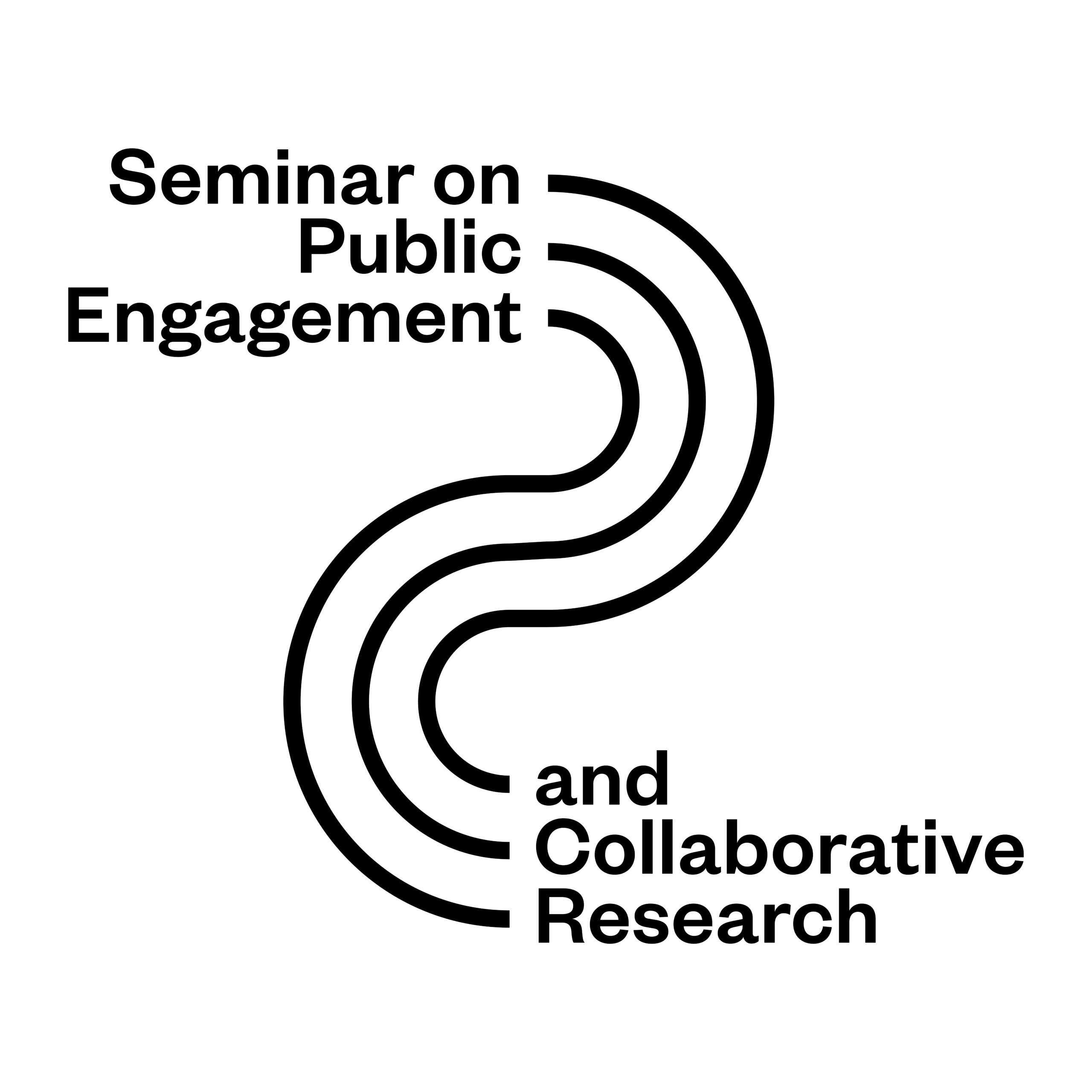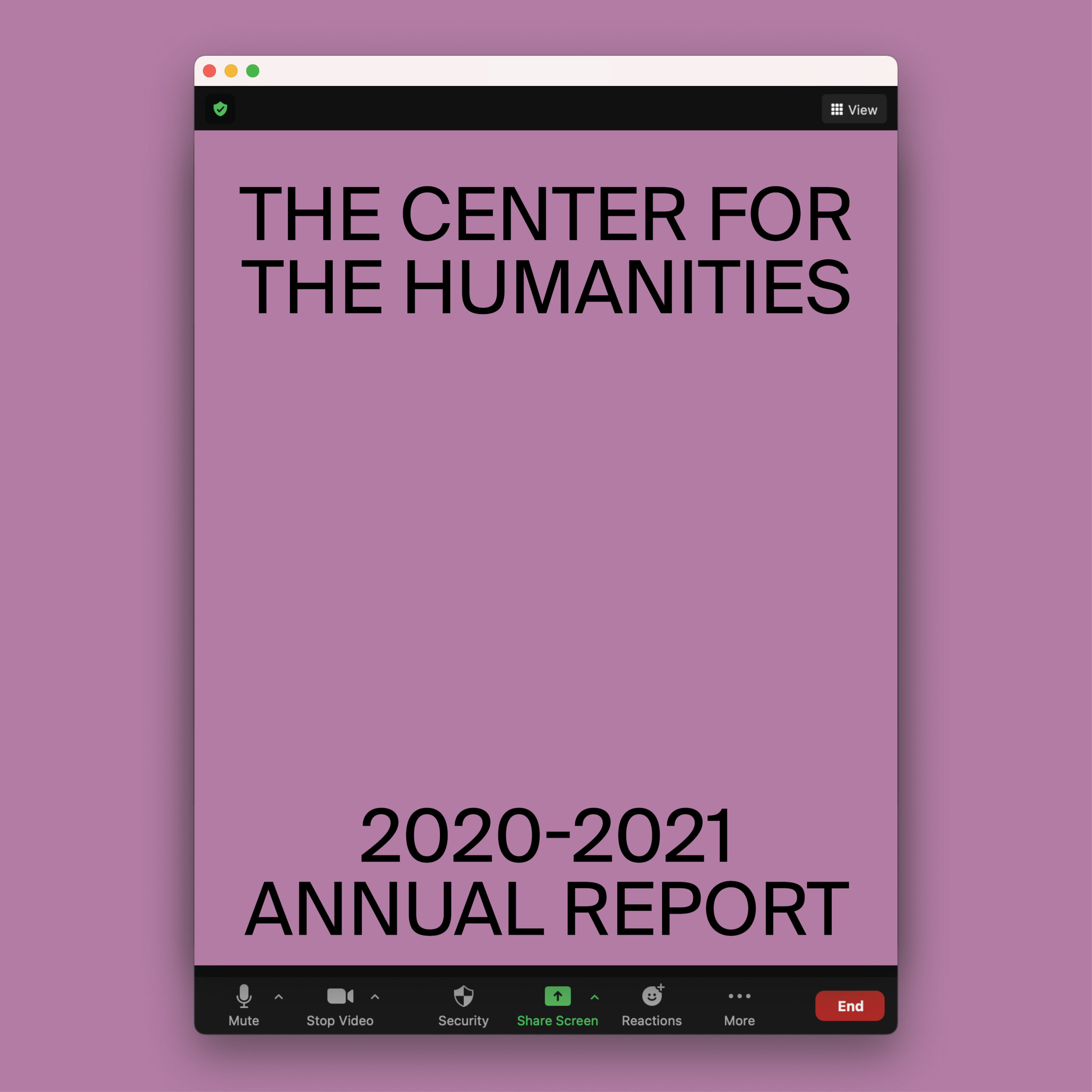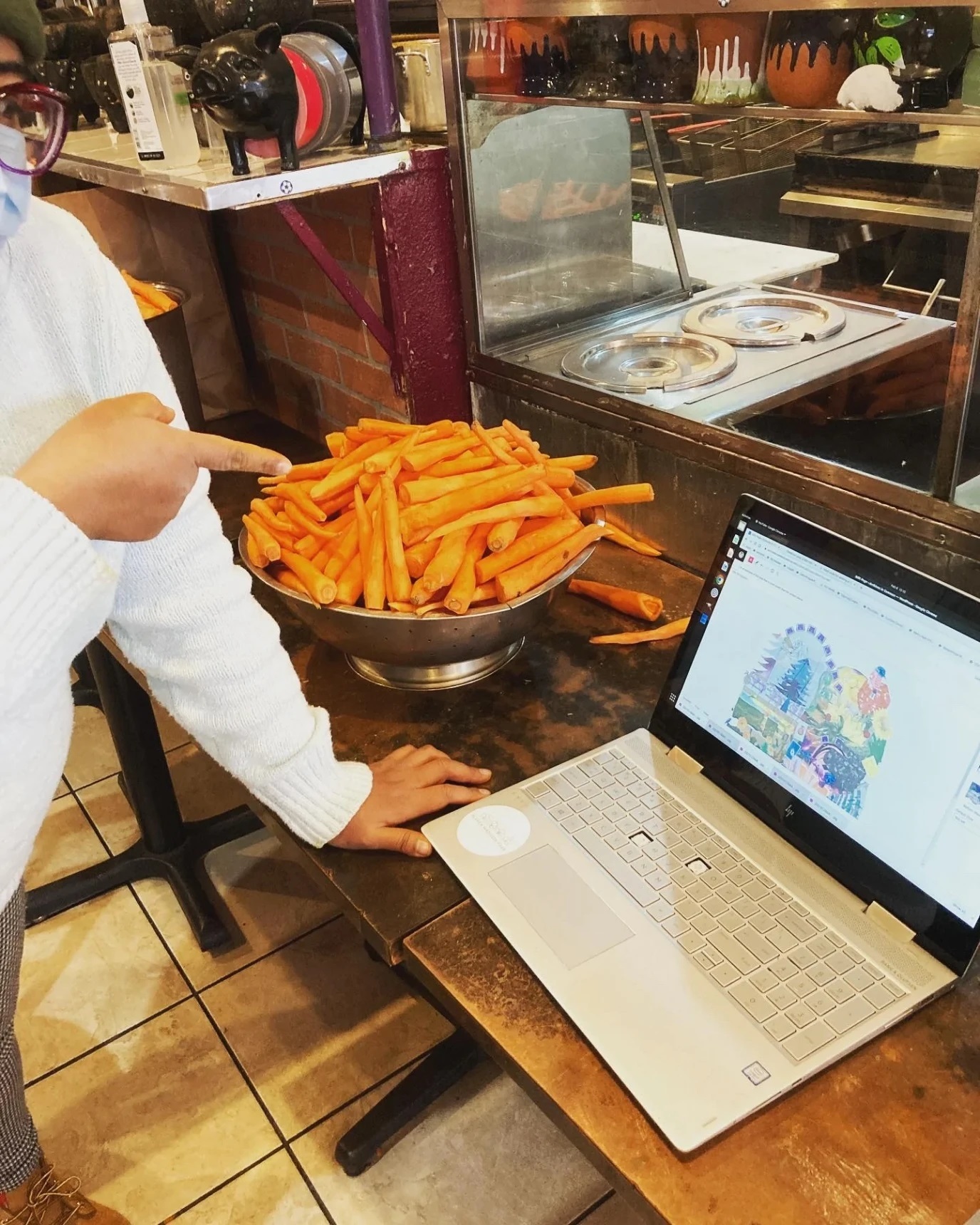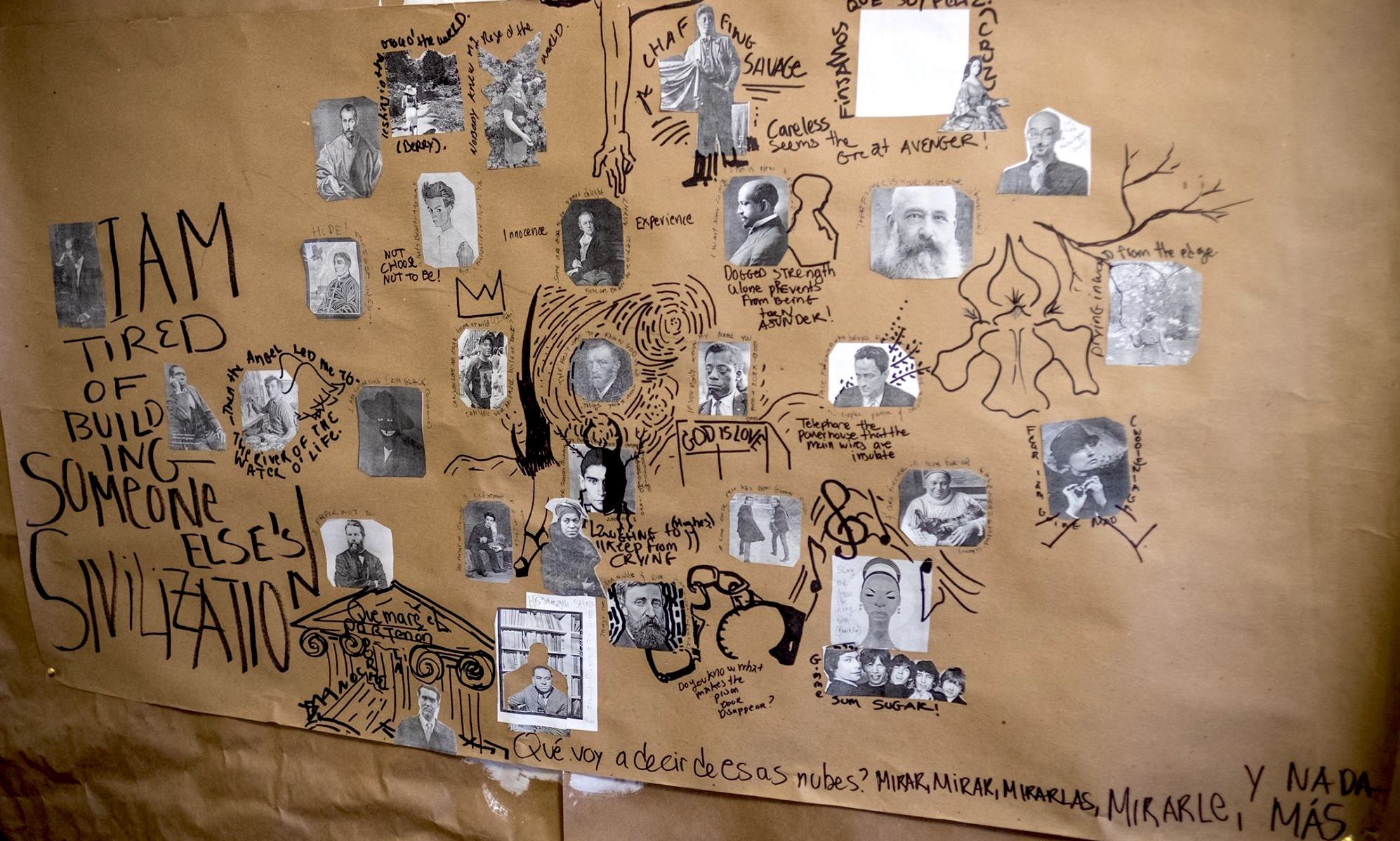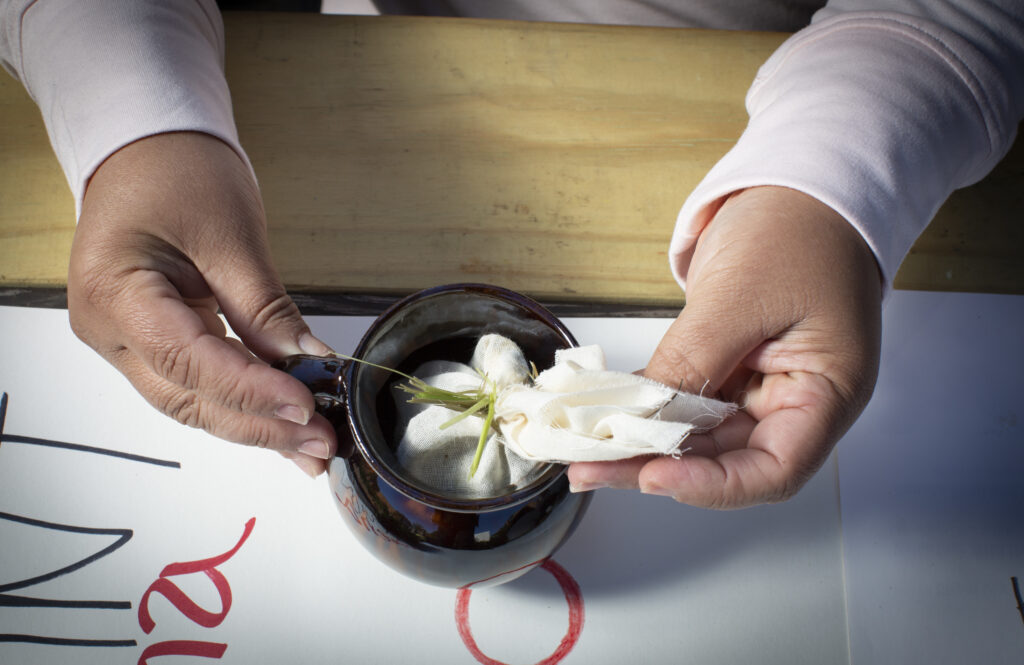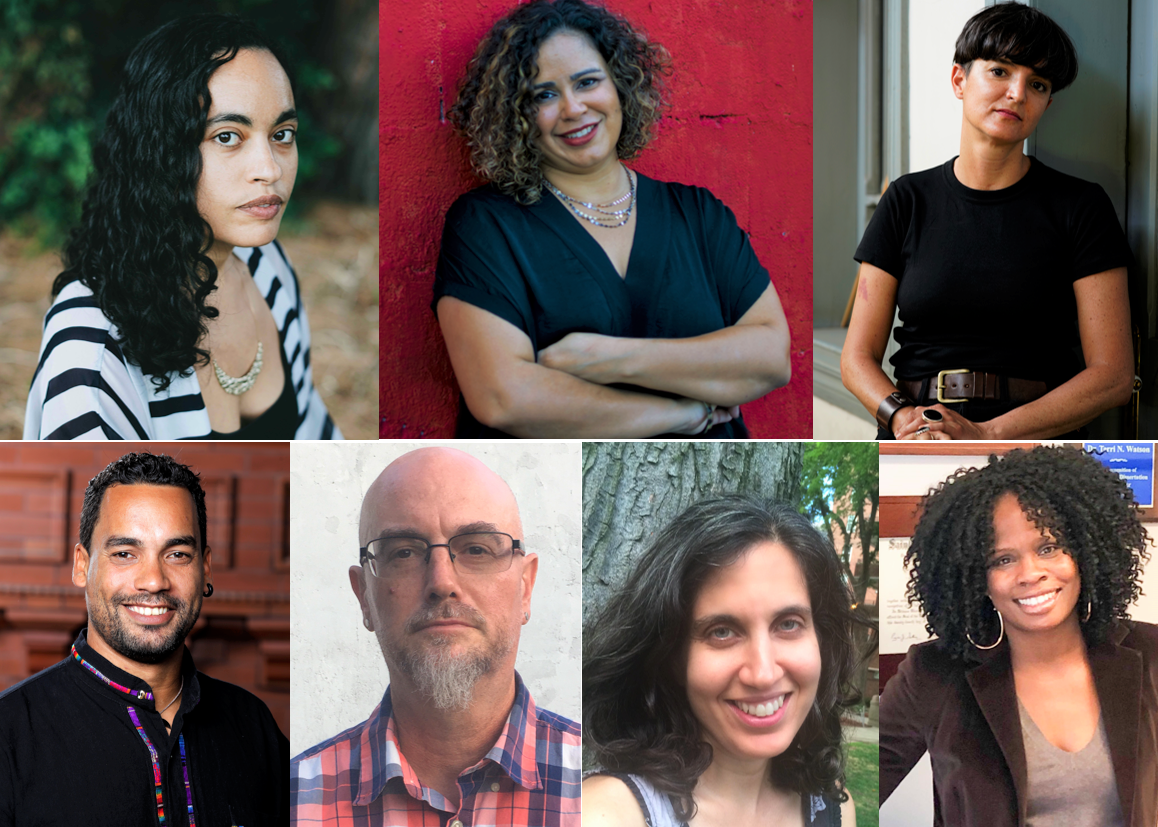Archives
in Common
Overview
Archives in Common: Migrant Practices/Knowledges/Memory brings together community organizers, members of immigrant communities, and members of the university community to think collectively about how to build an archive of the commons during a crisis.
Archives in Common: Migrant Practices/Knowledges/Memory is led by Mellon Seminar on Public Engagement and Collaborative Research Faculty Leader Ángeles Donoso Macaya (Borough of Manhattan Community College, Department of Modern Languages) an immigrant professor, researcher and organizer based in New York City. She is the author of The Insubordination of Photography: Documentary Practices under Chile’s Dictatorship (2020) and co-editor of Latina/os of the East Coast: A Critical Reader (2015).
Archives in Common: Migrant Practices/Knowledges/Memory brings together community organizers, members of immigrant communities, and members of the university community to 1) assist in the support and expansion of undocu-immigrant-led initiatives (cooperatives, workshops, and gardens) devised in the context of the COVID-19 pandemic and 2) think collectively about how to build an archive of the commons during a crisis. The archive’s form, structure, and contents will emerge out of the collaborative process of thinking, working, creating, and sustaining life together. Click here or below to visit the Archives in Common website: www.archivesincommon.org
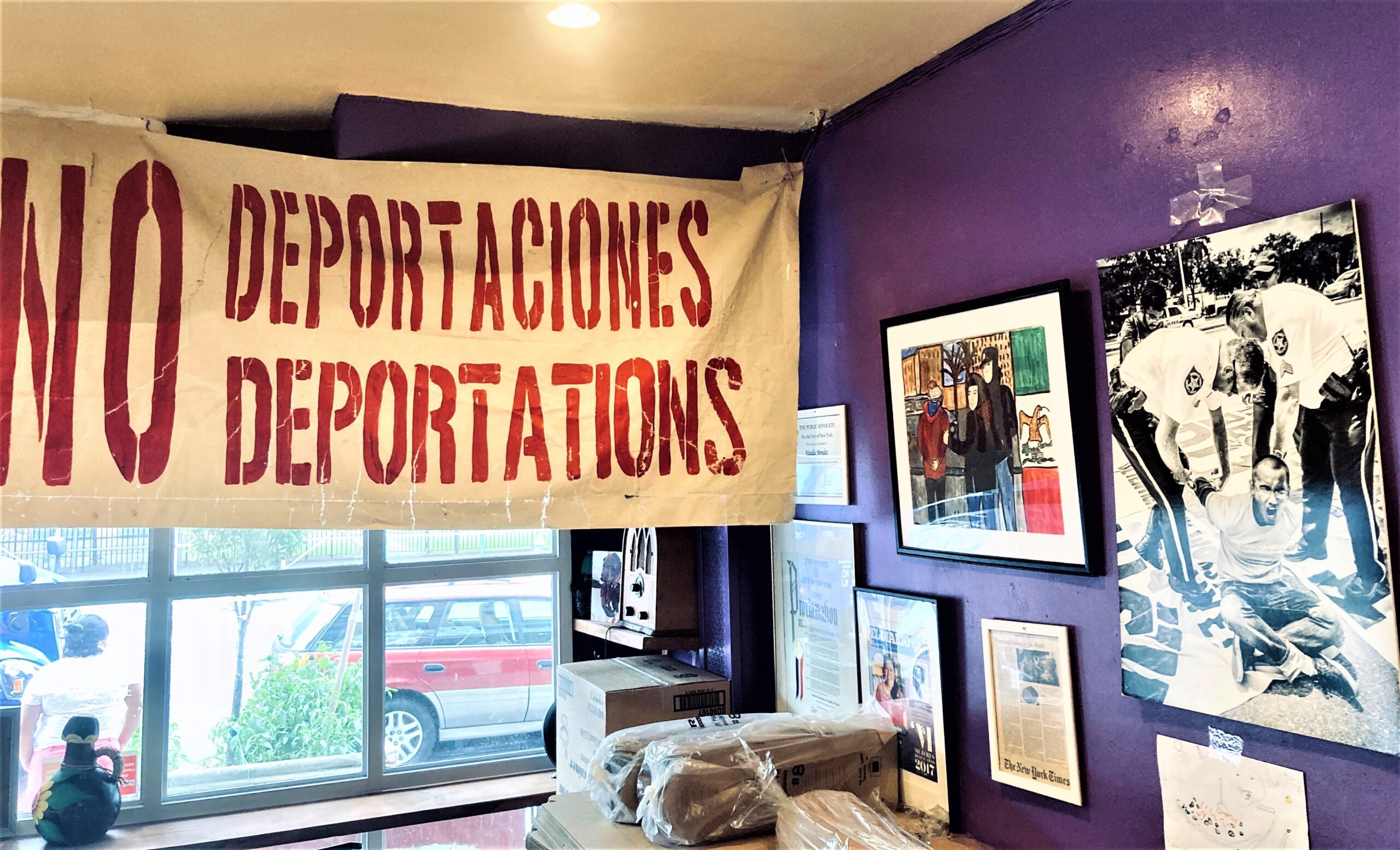
Seminar Faculty Leader
Ángeles Donoso Macaya is an immigrant professor, researcher and organizer based in New York City. She is Associate Professor of Spanish at BMCC/CUNY. Her research centers on Latin American photography theory and history, counter-archival production, human rights activism, and feminisms. She is the author of The Insubordination of Photography, Documentary Practices under Chile’s Dictatorship 2020, co-editor of Latina/os of the East Coast, A Critical Reader 2015.
Book Series
The Sisters of the Milpa
From its inception, the Public Seminar Archives in Common has sought to facilitate spaces that promote the transmission, exchange and dissemination of indigenous knowledge, practices and traditions. Conceptually, this collaborative project has attempted to answer: What is an archive in common? How to create an archive in common consistent with the ethics of mutual aid? What should an archive created in common collect, and for what purpose? Who is this archive addressed to?
One of the initiatives that emerged from the sustained conversations attempting to answer to these questions is the bilingual recipe book series The Sisters of the Milpa, which seeks to disseminate indigenous knowledges and practices, and at the same time to conceptualize and expand the ways of doing mutual aid. In the first volume, It begins with the squash, illustrated with artwork by Marco Saavedra and photography by Camila Falquez, chef Natalia shares recipes that use all the parts of the squash plant in its different stages and teaches us how to take care of the soil. In the second book, Longing for the Corn, also illustrated by Marco Saavedra and accompanied with images made by photographer Zahara Gómez (who is behind the photographic, gastronomic and social project Recetario para la memoria), chef Natalia shares recipes that center the corn (including the recipe for nixtamal, the base of all tortillas), and takes us back to her hometown, San Miguel de Ahuehuetitlán; she evokes memories of her childhood, growing up among the milpa crops, and describes the lessons she learned from her mother, grandmothers and her aunts.
This series features images by photographer Cinthya Santos-Briones, who has been collaborating with Archives in Common since the beginning and colorful artwork by Marco Saavedra; as the previous volumes, this book has also been carefully designed and printed in riso by Amanda Chung of Lucky Risograph Press. This launching will be celebrated with a bilingual conversation (English/Spanish) between food critic (and long-time friend of La Morada) Chris Crowley, photographers Zahara Gómez and Cinthya Santos-Briones, artist Marco Saavedra and chef Natalia Méndez. The conversation will be moderated by Archives in Common Faculty Lead Ángeles Donoso Macaya, who did the transcription and editing of the texts and coordinated the production of the series.
The Sisters of the Milpa is a collaborative project co-sponsored by Social Practice CUNY and Archives in Common part of The Seminar on Public Engagement and Collaborative Research, an initiative of The Center for the Humanities, The CUNY Graduate Center, funded by the Mellon Foundation. This project was made possible thanks to a Humanities New York Action Grant.
Click her for more info the Sisters of the Milpa series!
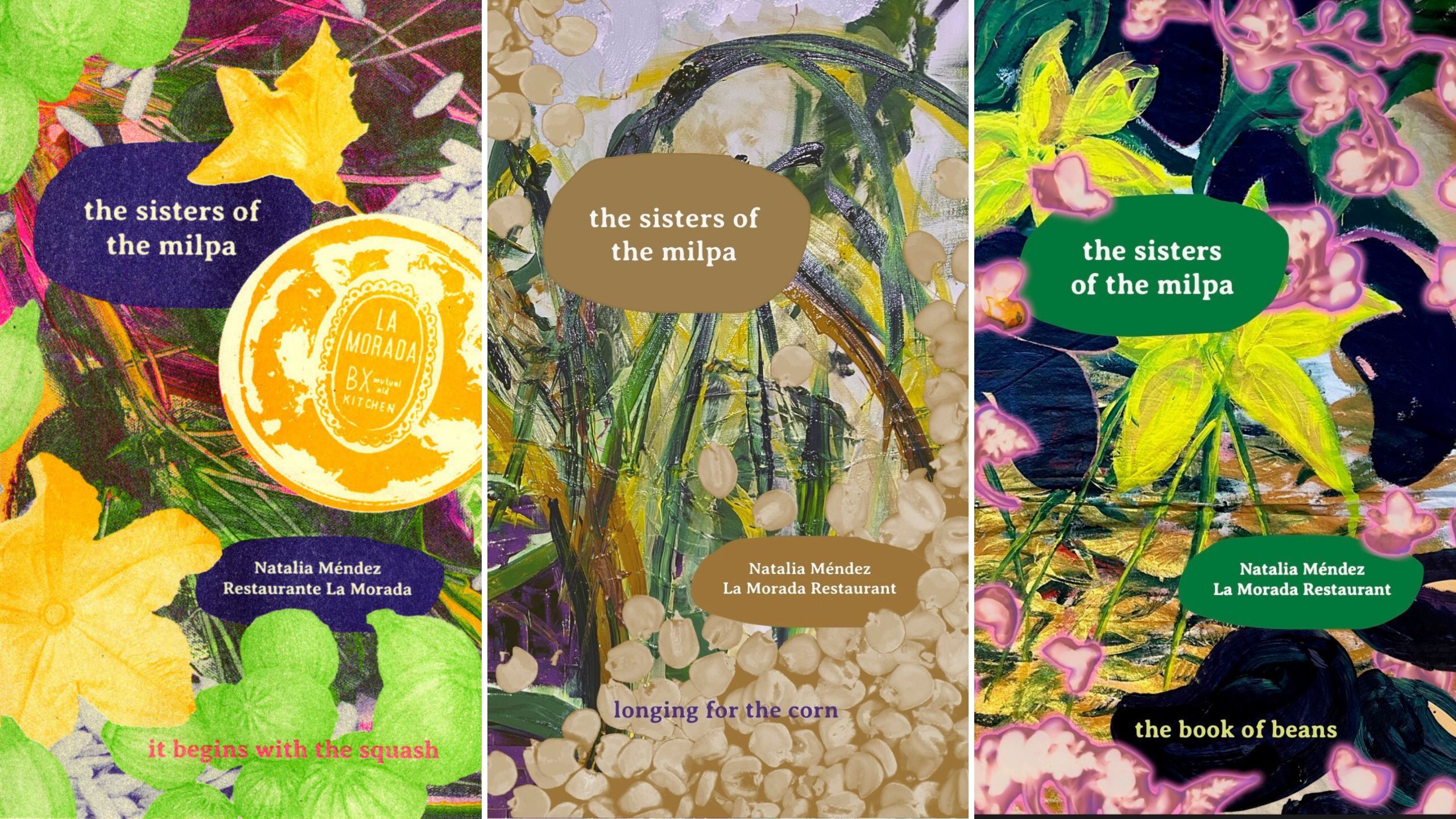
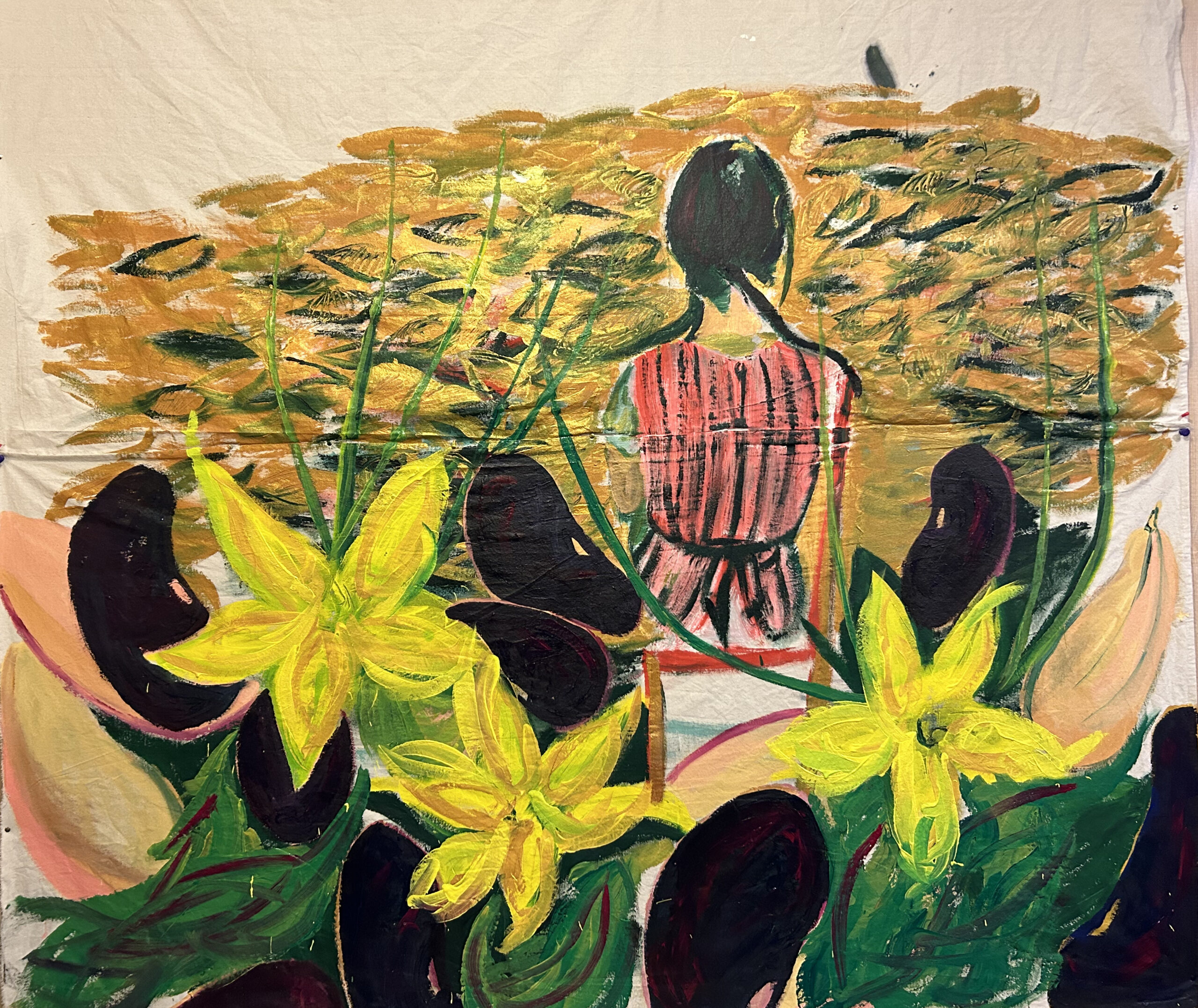
Expanding Feminisms Series
no + porque somos + Expanding Feminist Ways of Thinking-Feeling-Doing
Join us for "no + porque somos + Expanding Feminist Ways of Thinking-Feeling-Doing," a conversation with three prominent feminist activists, archivists, educators, artists, and thinkers, Lucía Egaña (Musea M.A.M.I., CENEX, Pluriversidad Nómada), Javiera Manzi (Coordinadora Feminista 8M; Red de Conceptualismos del Sur, Brigada Laura Rodig), and Sibila Sotomayor (LASTESIS), moderated by Professor Ángeles Donoso Macaya, as part of "expanding feminisms / feminismos en expansión" a week-long series of activities with these inspiring Chilean feminists inside and outside the brick walls of New York City’s public university, CUNY. This conversation will center the role of archival practices, collective memory work, and transnational/internationalist network formation within current feminist movements in Chile and beyond. The three guest speakers have participated in the collective creation of situated practices to synthetize feminist theories; disseminate feminist demands; educate around feminist ideas and issues; recover, make memory and archive ways of doing and knowing formulated by previous feminist collectives. Their work has also attempted to put forward different ways of relating to, and inhabiting, institutions—universities, museums, and political movements.
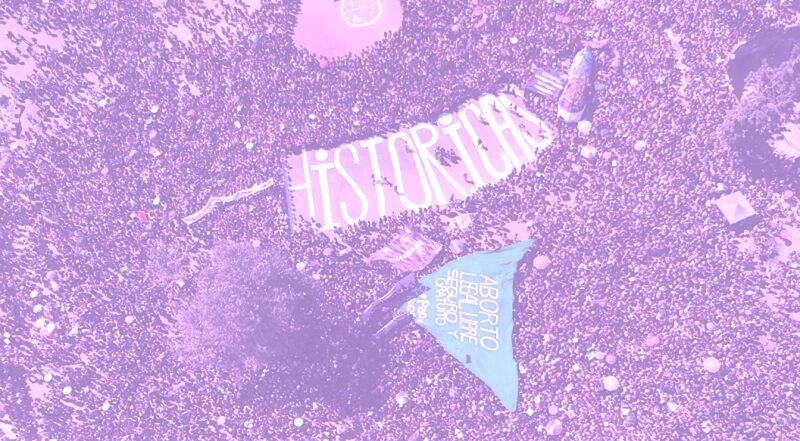
Conversation
The Undocumented-Led Struggle for Freedom: A Conversation with the Authors of Eclipse of Dreams
Wednesday, October 14th, 2020
Join us Wednesday, October 14th for The Undocumented-Led Struggle for Freedom, a conversation with 4 of the 6 authors Marco Saavedra, Claudia Muñoz, Mariela Nuñez-Janes, and Stephen Pavey of Eclipse of Dreams, a timely book which recounts, via self–authored testimonial narratives and collective storytelling, the journey of six activists who met “somewhere in between classrooms, academic conferences, and organizing for the DREAM Act.” Their paths crossed in 2010, the year when the Senate failed to pass the DREAM Act. For this heterogeneous group comprised of undocumented youth activists and activist-scholars, the notorious failure of the DREAM Act revealed the paradoxical position of immigrants in their struggle for “inclusion.” As they poignantly ask in the Introduction: “What if our dreams, the very scope of our horizons, what we hoped for ourselves and others, was limited by the framework in which we expressed them, the American Dream itself?"
This event will be ASL interpreted.

From the Seminar Leader
Read Ángeles Donoso Macaya's own words on the importance of her project Archives in Common: Migrant Practices/Knowledges/Memory two inaugural events "The Undocumented-Led Struggle for Freedom," a conversation with authors of Eclipse of Dreams, and “Brewing Memories,” an outdoors community workshop about medicinal plants, food justice, and indigenous food traditions:
"As Faculty Seminar Leader of Archives in Common, for me it is extremely significant to launch the project with this collective conversation. In both theory and practice, Archives in Common refuses the divisions created by institutions of higher education as colonial and imperial projects—above all, the position of the 'expert' and the notion that 'He' is authorized to produce and disseminate knowledge about determined 'subjects.' Moreover, the events and activities organized as part of the Archives in Common project seek to challenge the operations and framings deployed by 'the Archive,' also understood here as a colonial and imperial operation that produces 'knowledge' about certain individuals—in this particular case, immigrants and immigrant communities.
Not only the authors of Eclipse of Dreams directly address some of the central issues I want to explore, learn more about, and discuss with the participants of the Archives in Common project, but also the book in and of itself can be seen as an 'archive' created 'in common:' through personal narratives, photographs, and quotes. Eclipse of Dreams offers counter-framings of immigrant and undocumented-led organizing, reflects critically about the struggle for racial and immigration liberation, formulates a collaborative methodology based on witnessing and accompanying, and, more importantly, weaves immigrant activists’ memories as a collective memory—this memory, active and dynamic, can help to activate others in joining the struggle for real liberation, justice, and dignity."
-Ángeles Donoso Macaya
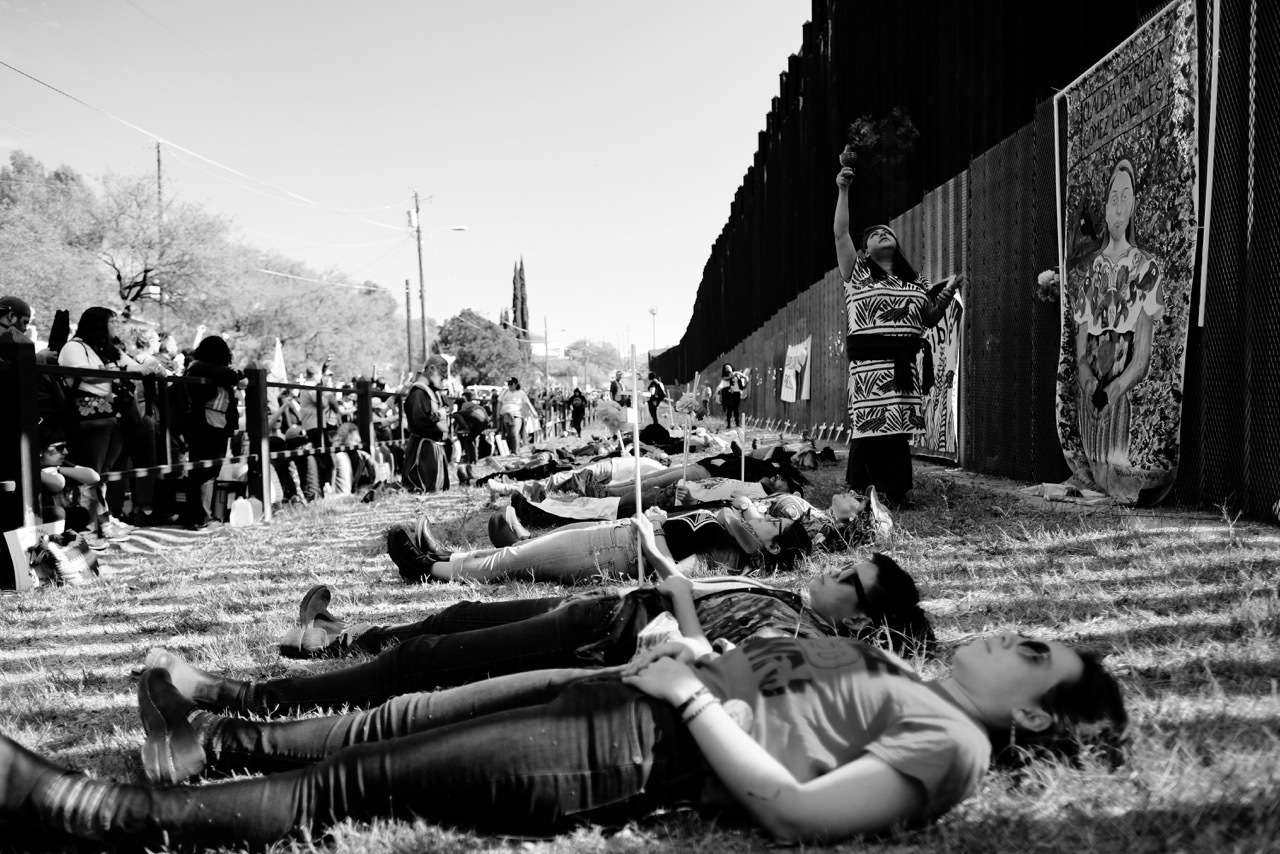
Workshop Series
Brewing Memories
As part of the Archives in Common project, chef Carolina Saavedra will facilitate workshops, starting with "Brewing Memories," centered on food traditions, food justice, and urban farming.
This series will begin with an outdoor workshop on medicinal herbs at Brooke Park, a community garden in the South Bronx where Carolina grows many of the delicious chiles and herbs she and her mom, Natalia Mendez, use in their traditional recipes at La Morada restaurant. The workshop is called “Brewing Memories" because Carolina will invite us to “draw” a memory using herbs and honey, which we will then brew into our own tea! In this hands-on workshop, we will not only learn about different herbs we can easily grow at home (and perhaps use to brew more tea), but also about different knowledges and traditions linked to medicinal herbs.
Workshop Organizer
Carolina Saavedra is an educator at Stone Barns Center, a nonprofit organization working to bring about a healthy and sustainable food system. She is also the sous chef at La Morada restaurant, where the Saavedra family fights to ensure equality and social justice and to preserve their indigenous roots within the community of the South Bronx.
Click here for more information about this event, Carolina, and more.
Interview
"Meet the Mellon Seminar Cohort: Ángeles Donoso Macaya"
In this interview, Ángeles Donoso Macaya and Queenie Sukhadia discuss questions and concerns arising from Ángeles's project Archives in Common, including how to share "knowledges, experiences, and memories [of immigrant communities] in a way that is non-extractive, where these knowledges, experiences, and memories don’t then become data," the relationship of these forms of sharing to mutual aid, and imperatives to transform both the university and practices of academic work.
Click here to read the full interview.
Essay
"Brewing memories, sustaining life in common"
In this essay, Mellon Seminar Faculty Lead Ángeles Donoso Macaya writes about the workshop series Brewing Memories, led by Carolina Saavedra. In her reflections on these workshops, Donoso Macaya considers how the transmission of memory and indigenous knowledges through plants, herbs, and food might also create an archive in common — one that “is not based on, and which does not reproduce, extractive methodologies, but rather that emerges, and keeps developing further, from the same collaborative process of creating and learning together.”
Read Archives in Common project leader Ángeles Donoso Macaya's essay "Brewing memories, sustaining life in common", reflecting on the Brewing Memories workshops and it's origins and the significance and impact of this collaborative and generative process of creating and learning together.
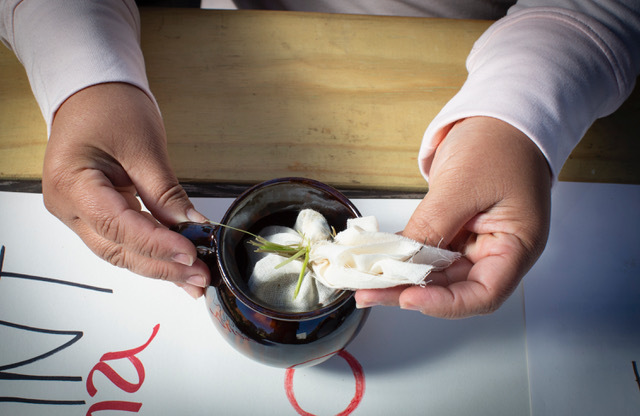
Review
What's wrong about Netflix's Immigrant Nation? Plenty!
Read Ángeles Donoso Macaya's critique which takes it apart and rebuts it point by point arguing the Netflix documentary adopts the dangerous viewpoint of ICE agents, portraying immigration raids and deportation proceedings as banal, bureaucratic procedures.
"The documentary shows us time and again the opinions and views of ICE officers. But this close view is not offered of the communities and activists resisting the racist practices of the state," and "According the point of view that the series reproduces, migrants are never the agents of their own destiny," writes Ángeles Donoso Macaya.
Read the review here on The North American Congress on Latin America report.
